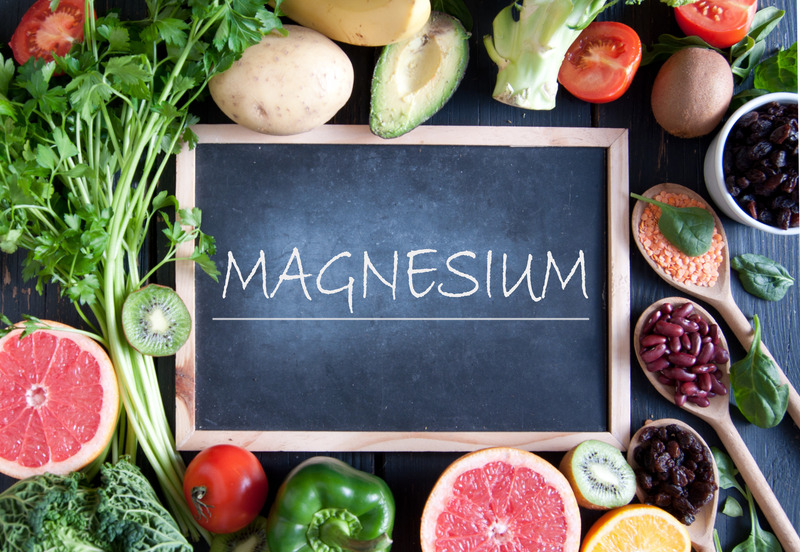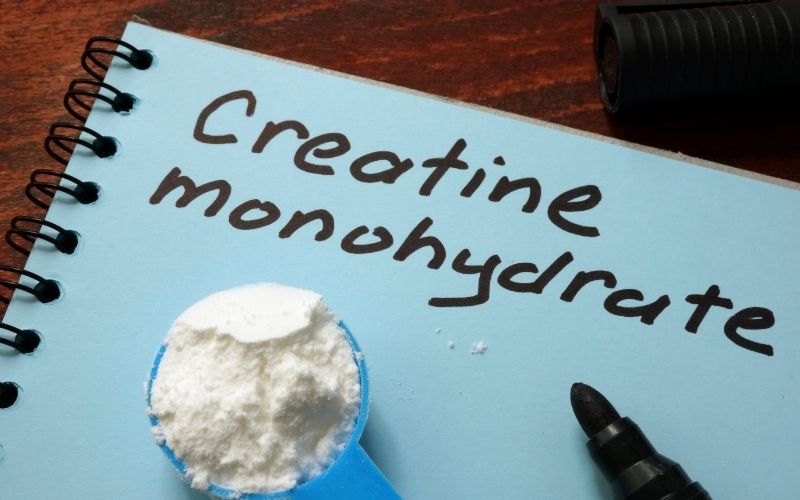
Magnesium is a mineral which is more than just important for all of us, especially gout sufferers. Magnesium and gout have been linked in several studies and it is important to know that you must consume plenty of food rich in this mineral. But, what actually magnesium does to our body.
Is magnesium good for gout?
If you suffer from magnesium deficiency, you are at a higher risk of developing gout, even if you don’t have it at the moment. There have been several studies which proved that low levels of magnesium can increase the risk of developing gout and therefore gout attacks. That’s why, if you already have predispositions for developing gout, it is mandatory to start using magnesium supplements or eat magnesium rich food in order to increase the levels of this mineral.
Of course, while low levels of magnesium can lower down your blood pressure, the too high amount can cause you to fall into a coma! There are severe complications which are all related to higher than normal levels of magnesium. Even death is possible in some rare cases. Sadly, more than 80% of people suffer from magnesium deficiency. This number is less likely to decrease if you don’t make some massive changes in your life.
Magnesium and the human body
In our body, magnesium will perform dozens of tasks and help us with millions of processes which are all important for well-being and for proper body function. First of all, magnesium is essential for controlling levels of calcium, kidney function, and heart.
Magnesium is known to decrease the blood pressure as well, due to the fact it promotes a blood flow. Precisely this advantage is important for us, gout sufferers. In essence, when we have a better blood flow, we will decrease the level of uric acid, which literally transfers to a lower risk of a gout attack. More uric acid we remove from the body, lower the risk of gout is.
Magnesium deficiency is more than just common issue nowadays. The main reason is poor diet, meaning that you consume food which isn’t rich in magnesium. As such, you will develop magnesium deficiency. There are a lot of symptoms, such as muscle pain, insomnia, fibromyalgia and etc. Some of more severe issues related to magnesium deficiency are type 2 diabetes, fatigue and anxiety.
Suggested article: Gout And Diabetes (Are Gout And Diabetes Connected?)

Suggested articles (magnesium-rich foods):
– Oatmeal And Gout (The Benefits Of Oatmeal On Gout)
– Spinach And Gout (Details About This Superfood)
– Chocolate And Gout (Is This Delicious Treat The Best Treatment For Gout?)
– Bananas And Gout (What Is Essential To Know)
– Avocado And Gout Explained (Learn More About This Superfood)
Recommended levels of magnesium
There are different amounts of magnesium you will have to add to your diet in order to have it just right. It depends on gender and age. Also, pregnant women need a different amount of this mineral.
- Teens: 14-18 years- They will need 410 mg of magnesium per a day for men and 360 mg for women
- Age 19-31: 400 mg for men and 310 mg for women are mandatory
- Adults: 420 for men and 320 mg for women
It is important to add that pregnant women need less magnesium. As a matter of fact, they will need between 350 and 360mg of this mineral per day. The same rule applies to women who breastfeed. They will have to meet 310 mg of magnesium per day requirement.
Suggested article: Gout During Pregnancy (All You Need To Know)
As I have already mentioned, magnesium is more than just important mineral for proper body circulation. In essence, it makes your body work perfectly and process all the functions which you will need in order to have a normal and happy life. Lower levels of magnesium are something you will have to avoid, while too high levels are dangerous as well.
If you have a diet which includes only the foods with a low magnesium levels, it is mandatory to add magnesium supplements to your diet as soon as possible.
The final word
I must say that magnesium and gout are more than just linked. Recommended levels of this mineral will protect you from gout attacks and from developing gout as well. On the other hand, too high levels are not something you will want to try and this matter should be avoided. Follow the guidelines I have mentioned and you will decrease the risk of a gout attack and you will have a much better life. Remember that magnesium supplements are a great way to meet your requirements as soon as possible.
Suggested article:
– Vitamin C And Gout (Most Important Vitamin For Gout Sufferers)
– Vitamin D And Gout – Does Vitamin D Help Gout?
– Gout And Stress – Can Gout Be Caused By Stress?
– Vitamins for Gout – What Vitamins are Good for Gout?
– Folic Acid For Gout – Does Folic Acid Lower Uric Acid?
– Iodine and Gout – How the Two Relate?
– 9 Best Supplements for Gout – All You Need to Know
The Gout Eraser™: The all-natural guide for permanent gout removal
The Gout Eraser™ is a short, to the point guide on how to reverse gout symptoms without ever leaving your home. The guide goes into extensive detail on exactly what you need to do to safely, effectively and permanently get rid of gout, and you are GUARANTEED to see dramatic improvements in days if not hours.
To learn more about The Gout Eraser™ system, check out the following free video presentation: The Gout Eraser™





